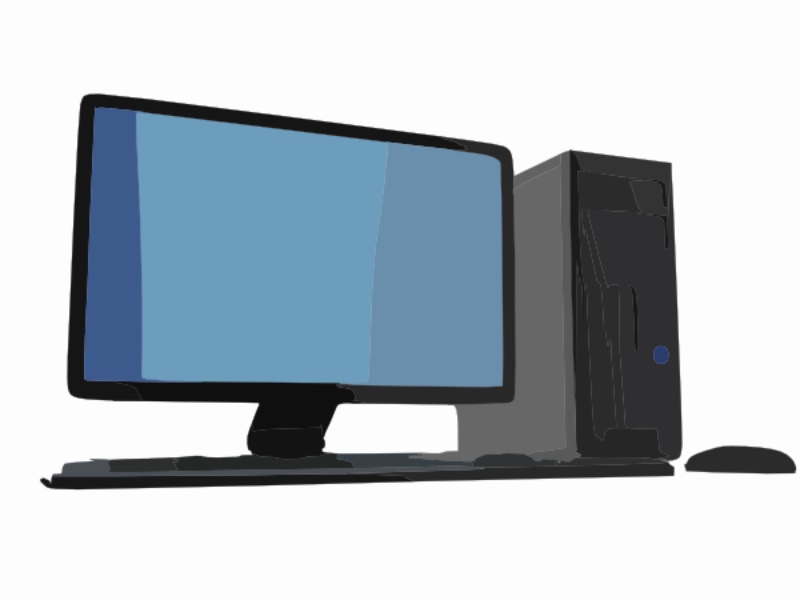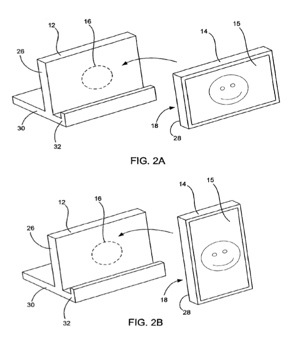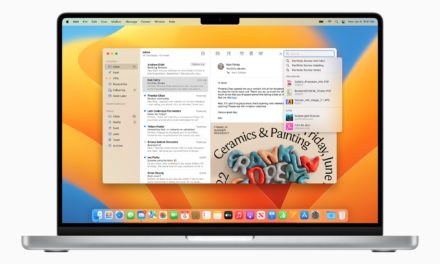The need for performance and experience seems to be a driving force behind the consumer PC revenues, especially when it comes to gaming PCs and premium devices, according to new data from the GfK (www.gfk.com) research group.
Computers with high-end processors, high capacities of RAM, flash memory (SSD) and hybrid hard drives (hard disk drive + SSD) generate significant and growing portions of sales to consumers. These are GfK’s findings for the global PC market to be released at IFA 2018 in Berlin.
The demand for consumer desktops and mobile PCs has been under pressure in the recent years. Desktop PCs declined by 14%, in units, in the first six months of 2018. The unit turnover with mobile PCs faced similar challenges and went down by nine percent in the same period.
In spite of the unit decline, the rising average PC prices managed to stabilized the revenue (in fixed Euro prices), which declined globally by five percent to €2.0 billion for desktop PCs and by 4% to €13.3 billion for Mobile PCs. On one side, the supply and availability of key components drove the prices upward in the past year. On the other side, the demand for better performing and elegant products, which offer a premium experience and quality, has been affecting the value developments in a positive way.
Within both mobile and desktop computers the average selling price increased further by five and seven percent in the first half of 2018 to reach €602 and €527 respectively. Growing average prices of non-gaming PCs and expanding shares of gaming PCs invigorated this trend.
“The consumer’s desire for performance has been a major factor for stabilizing and growing the consumer PC turnover,” Pavlin Lazarov, GfK expert for the IT industry comments. “Although the replacement cycles of the PCs might get longer over time, as they have been affected strongly by the smartphone boom, the performance factor on the PC side, often driven by an appealing design on top, is expected to continue its positive influence on the turnover growth. This alludes to the acknowledgement of ‘premium’ as an influencing factor.”
Mobile PCs with high-end processors grew by two percent in revenue and generated almost two-thirds of value turnover in the first six months of 2018. The increase came mainly from high-performing gaming notebooks, which increased their sales revenue in the first half of 2018 by 32% compared to the same period in 2017. In terms of regional distribution, Western Europe and APAC accounted for 37 percent and 36 percent respectively of the turnover for the high-performing gaming notebooks from January to June 2018.
Desktop’s revenue share with high-end processors reached nearly 60% in the same period after a dynamic value growth of over 26% for gaming and three percent for non-gaming PCs. The Random Access Memory (RAM) also contributed to the performance trends. Models, equipped with at least 8GB of RAM, generated over 61 percent of the turnover for both notebooks and desktop PCs.
Hybrid hard drives, which combine a hard disk drive and an SSD (Solid State Drive) capacity, added to the growth momentum as well. Desktop PCs with a hybrid hard drive accounted for almost one third of the desktop value turnover, and those with a storage capacity over 1,000 GB were responsible for 68 percent of the consumer sales turnover in the first six months of 2018.
Non-gaming mobile PCs with SSD have further driven the trend towards (ultra) thin notebooks. Every four out of ten devices sold in the period from January to June 2018 were equipped with an SSD, while their turnover in value accounted for half of the total turnover of the non-gaming mobile PCs.
After a period of fluctuation and instability, the developing markets are contributing again to the value growth of the PC market. Central Europe (+9 %) and CIS (+4%) were pushing the desktop PC trend in a positive direction, while CIS (+18%) and LATAM (+14%) were the growth drivers for mobile PCs.
On a country level, Argentina and Brazil contributed to the positive development within Mobile PC. At the same time in the CIS region Russia, Ukraine and Kazakhstan managed to grow between 19% and 36% in revenues within mobile computers, while Ukraine achieved a revenue growth of over 64% for desktop PCs as well.
Although the APAC region as a whole demonstrated a negative trend for PCs, mainly due to the drop in China, there were several other countries, which balanced the overall picture. Indonesia grew strongly for both Mobile and Desktop computers, while Thailand, Philippines and India added momentum within Mobile PCs.
Within the gaming PC segment, the speed and reliability of the home network is crucial for the gaming experience. The pressure on the home network also increases due to the requirements of the VR (virtual reality) technology, especially wireless. The value turnover of fully capable VR glasses for PCs in EU10 and Russia achieved double-digit growth and reached over 20 million euros in the first half of 2018, with Germany, Great Britain and France being the main markets.
The PC industry is further pushing the VR topic through its dedication to VR ready components and computers. With the launch of wireless stand-alone VR glasses, the interest for VR products and experiences could get another boost.
GfK regularly collects point-of-sale data through its retail panel in over 60 countries worldwide regarding IT hardware and software as well as accessories. Since 2014, GfK has been integrating the data of distributors, retailers and IT solution providers in a single database. This consistent pool of data is used to identify the potential within supply chains for improvement and greater efficiency, and to create competitive and profitable distribution strategies.





